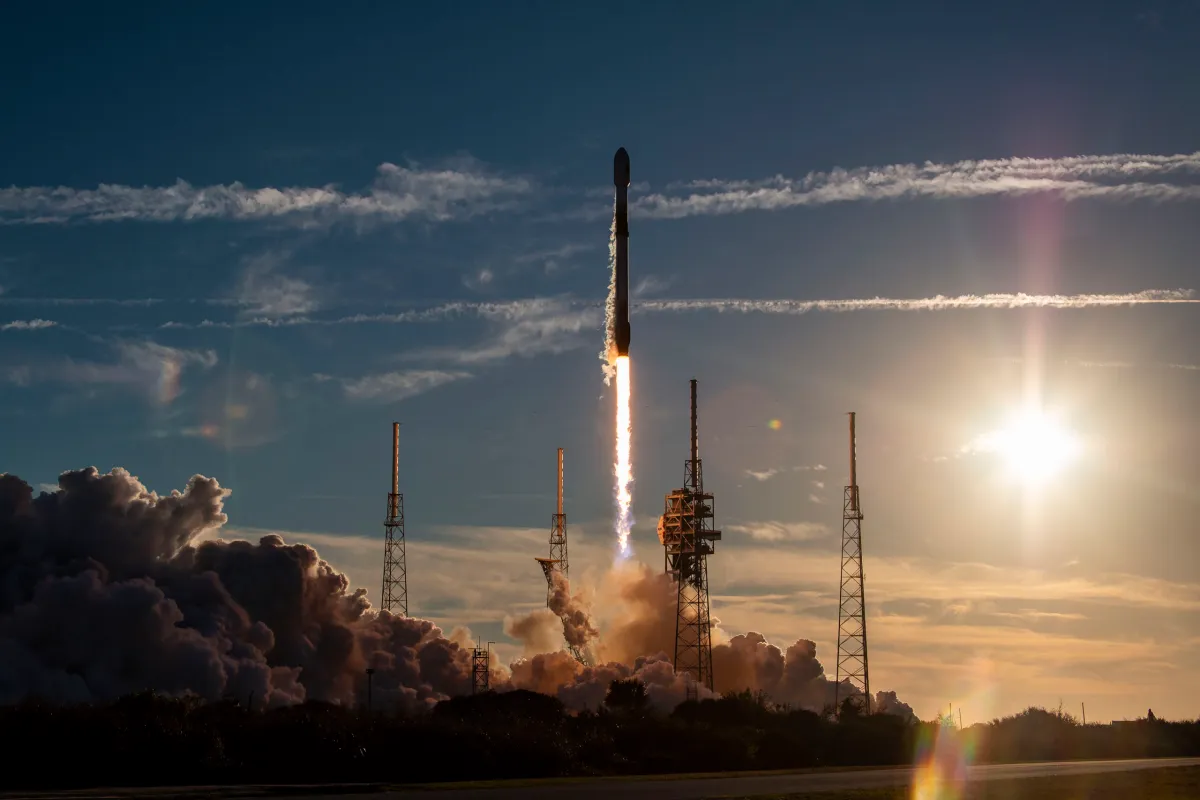As the commercial space industry continues its rapid expansion, the U.S. Space Force is encountering a critical challenge: inadequate facilities to process satellites ahead of launch. Despite having the capacity to handle more rocket launches, officials warn that the limited space for payload processing at major spaceports is becoming a significant bottleneck in operations.
Brig. Gen. Kristin Panzenhagen, commander of the Eastern Range at Cape Canaveral, addressed this issue at the Space Mobility Conference on January 28, noting that while Florida's spaceports set a record with 93 launches in 2024, payload processing capacity remains a major constraint. “The bottleneck itself is that really we just don't have enough payload processing space,” Panzenhagen said, explaining that the growing complexity of missions, including rideshare launches, has compounded the problem.
The rise in rideshare missions, where multiple satellites from different entities share a single rocket, has intensified the need for unique handling procedures and security protocols for each payload. This increase in launch cadence has strained the existing processing infrastructure, which includes a combination of NASA, commercial, and hybrid facilities. “With the higher cadence, and then also with the multi-manifested missions, those payloads have to be processed differently, different clean room standards, different security standards,” Panzenhagen explained. “That's taking up a tremendous amount of space, and causing bottlenecks.”
In response to this growing issue, the Space Systems Command has issued a “Commercial Solutions Opening,” soliciting proposals to address the limitations at both Cape Canaveral and Vandenberg Space Force Base in California. The Space Force is exploring non-traditional approaches to improve payload processing efficiency, including novel concepts like a “bay within a bay” design to maximize existing space utilization.
“We're also looking for solutions that could really change the processes that we use within the processing,” Panzenhagen said, emphasizing that the Space Force is actively seeking new methods to optimize operations.
The Space Force is also seeking congressional funding to support these initiatives, with Panzenhagen expressing hope that the necessary funds will be secured in 2025. Proposals from commercial vendors are currently under review, with contract awards expected later this year.
Panzenhagen's comments underscore a broader challenge facing the commercial space industry: as rocket launch capabilities continue to grow, ground operations and payload processing infrastructure must evolve to keep pace.
